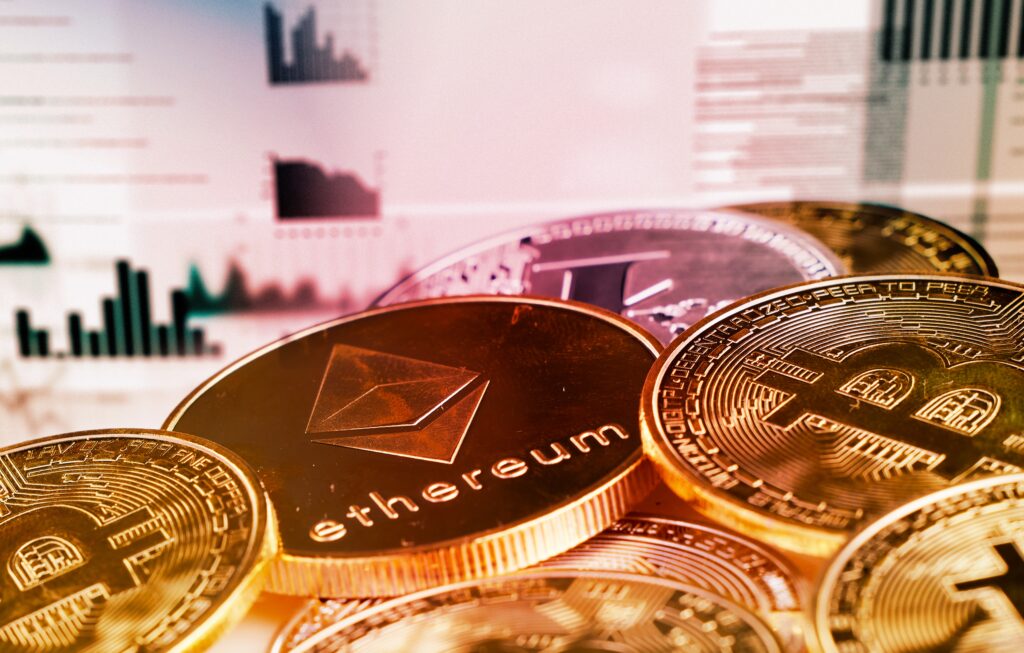In a historic move, President Donald Trump has signed an executive order to establish a national strategic reserve for Bitcoin, positioning the United States as a global leader in cryptocurrency. The reserve will store Bitcoin and other blockchain assets that have been forfeited to the federal government in criminal or civil cases. This initiative makes the U.S. one of the few nations to hold a national stockpile of digital currency. David Sacks, the White House leader for AI and cryptocurrency, provided details on this groundbreaking step.
Bitcoin Reserve to Be Kept as Long-Term Asset
David Sacks announced that the U.S. government will not sell any Bitcoin stored in the reserve, instead holding it as a long-term asset. This approach contrasts with traditional government practices of liquidating seized assets. Trump, who once dismissed Bitcoin as “a scam” in 2017, now envisions the U.S. as “the Crypto Capital of the World.” This dramatic shift in stance underscores the growing influence of cryptocurrency in global finance and U.S. economic strategy.
The reserve is intended to hold not only Bitcoin but other digital assets forfeited through legal actions. The announcement came alongside plans for the first-ever crypto summit at the White House, scheduled for Friday. Although specific details of the reserve’s implementation are yet to be fully revealed, the executive order has raised questions about potential legal challenges and the need for Congressional approval.
A “Digital Fort Knox” for Cryptocurrency
Describing the reserve as “a digital Fort Knox for cryptocurrency,” Sacks highlighted the importance of securely storing these assets, similar to how the U.S. maintains its gold reserves at the Kentucky-based military facility. Along with Bitcoin, the reserve will also include other forfeited cryptocurrencies, with the government conducting a comprehensive inventory of all crypto holdings. As of now, the stockpile is estimated to contain 200,000 Bitcoin, valued at around $17.5 billion based on current market rates.
Sacks emphasized that the reserve will not come at the taxpayers’ expense. The government will not purchase additional Bitcoin to add to the reserve, which led to a notable drop of over 5% in Bitcoin’s market price following the announcement.
The Economic Significance of the Reserve
Strategic reserves are common worldwide, used by countries to stabilize financial markets and manage valuable assets. For instance, the U.S. holds a petroleum reserve, and Canada famously keeps a maple syrup reserve. Trump’s Bitcoin reserve represents a new form of asset management, designed to mitigate financial risks and provide the country with a valuable digital asset pool for future economic strategies.
The executive order’s significance also extends to the broader cryptocurrency market. Earlier this week, Trump outlined five specific cryptocurrencies he wants included in the reserve: Bitcoin, Ethereum, XRP, Solana, and Cardano. This announcement sparked a surge in market prices for these coins, signaling growing confidence in the U.S. government’s support for the digital currency space.
Trump’s Pro-Crypto Stance vs. Biden Administration
Trump’s decision stands in stark contrast to the approach taken by the Biden administration, which has focused on cracking down on cryptocurrency due to concerns over fraud and security risks. Throughout his presidential campaign, Trump made strong appeals to the crypto community, promising to create a favorable environment for digital currencies. His stance aims to boost investor confidence and position the U.S. as a central player in the evolving cryptocurrency ecosystem.
The creation of the national Bitcoin reserve further emphasizes Trump’s commitment to integrating digital assets into the U.S. financial system. As the reserve continues to develop, many are watching closely to see how it will impact global cryptocurrency markets and U.S. economic policy.
For more updates on cryptocurrency and government policies, visit Financial Mirror.
